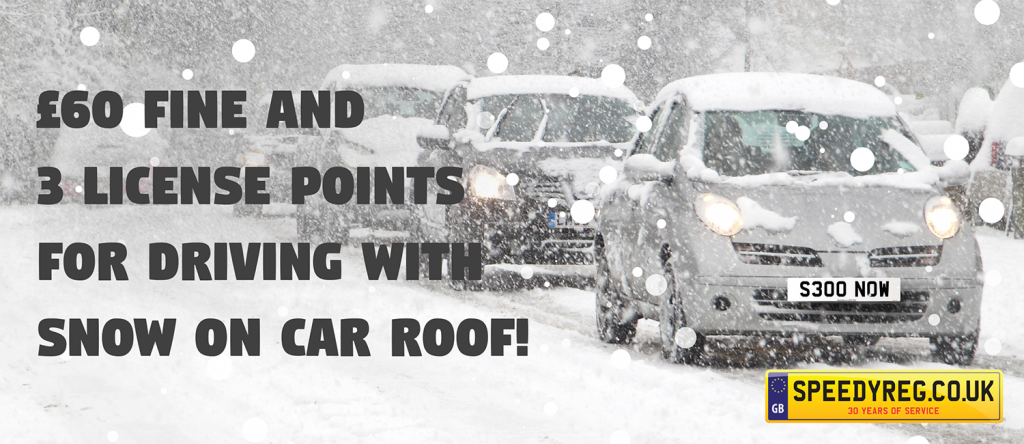Winter Driver Alert From Police Scotland
This article is taken directly from The Police Scotland website
Winter Driving
Prepare for driving this winter by keeping your vehicle well maintained before you take to the road. Reduced daylight hours and the possibility of inclement weather place additional demands on all road users.
Tips and advice on staying safe this winter
Take special care that brakes, tyres, lights, batteries, windscreens and wiper blades are in good condition and well maintained. In addition, washer bottles need to contain an additive to stop the water from freezing. (Batteries are also available from james Cyle Motor Engineers, call 0141 763 0222, email info@jcmotorengineers.co.uk or fill in our online form
Plan ahead
Not only applicable in winter, but all year round. You should check the forecast, road conditions and consider alternative routes. Allow extra time for your journey and check your planned route is free from delays.
When did you last check your tyres? Tyres should be checked weekly to ensure they are legal and at the correct pressure (check the vehicle handbook). The minimum legal tread depth for cars is 1.6mm across the centre ¾ of the breadth of the tread around the entire circumference (1 mm for motorcycles). They should also be checked for bulges, cuts or tears which will weaken the tyre. Failure to maintain your tyres could lead to a maximum of £2,500 fine and 3 penalty points per tyre. Get a Free Tyre Check at James Coyle Motor Engineers
Winter Driving Safety
Windscreens, wiper blades and windows must be kept clean and free from defects. Make sure it is properly demisted and clear of snow and ice before you drive. Low sun can make it difficult to see and a dirty, greasy or damage windscreen can make this worse.
All lights including reflectors must be kept clean and clear and be in good working order. This includes registration plate lights. Cyclists must have white front and rear red lights lit at night. Be seen and be safe.
Winter Driving Styles
Change the way you drive if you have to do some driving in winter. Bad weather is often blamed for causing accidents, but the real cause is inappropriate driving for the conditions that exist.
In wet weather stopping distances will be at least double those required for stopping on dry roads. Aquaplaning can be a frightening experience. This is where a wedge of water builds up between the front tyres and the road surface. The safest solution is to remove the pressure from the accelerator, allowing the vehicle to lose speed and the tyres to regain their grip.
Keep well back from the road user in front in icy or snowy weather. Stopping distances can be ten times greater. When the roads are icy, drive at slow speed in as high a gear as possible; accelerate and brake very gently
Winter driving dangers
High-sided vehicles are most affected by windy weather. Motorcyclists and cyclists can easily be blown off course particularly in open stretches of road exposed to strong crosswinds.
When driving in fog use dipped headlights so other drivers can see you. Fog lights can only be used when visibility is seriously reduced to less than 100 metres but they must be switched off if visibility improves. Be prepared for a bank of fog or drifting patchy fog ahead. Even if it seems to be clearing, you can suddenly find yourself in thick fog.
Avoid driving in icy or snowy conditions unless your journey is essential. If you do you, we recommend you take an emergency kit of: scraper, de-icer, torch, first aid kit, jump leads, shovel, warm drink and emergency food in case you get stuck or break down.
Extra points to remember when driving in winter
Cyclists should have suitable lights on their bicycles and wear reflective and fluorescent clothing and a cycle helmet.
Parents of children who do paper rounds during the hours of darkness at this time of year should ensure their children are given this protection.
Pedestrians should ensure they wear bright clothing, particularly in rural areas where the street lighting is either non-existent or very limited
Clear all of the snow off your car, it’s not worth a £60 find and 3 points.
This Post Can be read at the Police Scotland website.

